- Have any questions?
- +86-189 8930 5995
- sales@mosinterchem.com.cn
Hydrazine Sulfate CAS 10034-93-2

Polyvinyl chloride PVC CAS 9002-86-2
19/12/2018
Manganese Sulfate Monohydrate CAS 10034-96-5
19/12/2018| Model: | MOS10034-93-2 |
| Brand Name: | MOSINTER |
| CAS No.: | 10034-93-2 |
| Melting Point: | 254 °C(lit.) |
| Density: | 1,37 g/cm3 |
| Soluble: | 30 g/L (20 ºC) |
| Stability: | Stable. Incompatible with nitrites, strong oxidizing agents. |
Hydrazine Sulfate(CAS: 10034-93-2)
| Item | Index |
| Molecular weight | 130.14 |
| Molecular formula | H4N2H2SO4 |
| Appearance | Crystals or white powder |
| Dry agent content, ≥ % | 98.5 |
| The mass fraction of the water, ≤ % | 3 |
| Insoluble in water, ≤ % | 0.05 |
| Melting, ℃ | 254 |
Hydrazine sulfate is the salt of hydrazine and sulfuric acid. Known by the trade name Sehydrin, it is a chemical compound that has been used as analternative medical treatment for the loss of appetite (anorexia) and weight loss (cachexia) which is often associated with cancer. Hydrazine sulfate has never been approved in theUSas safe and effective in treating any medical condition, although it is marketed as a dietary supplement. It is also sold over the Internet by websites that promote its use as a cancer therapy. The active ingredient is hydrazine, and the sulfate component is present to aid in formulation.
The main proponent of hydrazine sulfate as an anti-cancer agent is aU.S.physician named Joseph Gold, who developed the treatment in the mid-1970s. The use of hydrazine sulfate as a cancer remedy was popularized by the magazine Penthouse in the mid-1990s, when Kathy Keeton, wife and business partner of the magazine’s publisher Bob Guccione, used it in an attempt to treat her metastatic breast cancer.[7] Nutritionist Gary Null wrote three of the articles about alternative cancer treatments, including one entitled “The Great Cancer Fraud.” Keeton (until her death in 1997) and other supporters of hydrazine sulfate treatment accused the U.S. National Cancer Institute (NCI) of deliberately hiding the beneficial effects of the compound, and threatened to launch a class action lawsuit. The NCI denied the claims, and says that there is little to no evidence that hydrazine sulfate has any beneficial effects whatsoever. The position of the NCI was supported by an inquiry held by the General Accounting Office.
A review of the clinical research concluded that hydrazine sulfate has never been shown to act as an anticancer agent; patients do not experience remissions or regressions of their cancer, and patients do not live longer than non-treated patients. Some academic reviews of alternative cancer treatments have described the compound as a “disproved and ineffective treatment for cancer”.
Hydrazine sulfate also has a variety of uses in the chemical industry.
Industrial uses
Hydrazine sulfate also has a variety of uses in industrial chemistry, including as a chemical intermediate, as a catalyst in making fibers out of acetate, as a fungicide, antiseptic, in the analysis and synthesis of minerals and testing for arsenic in metals.
You must be logged in to post a review.
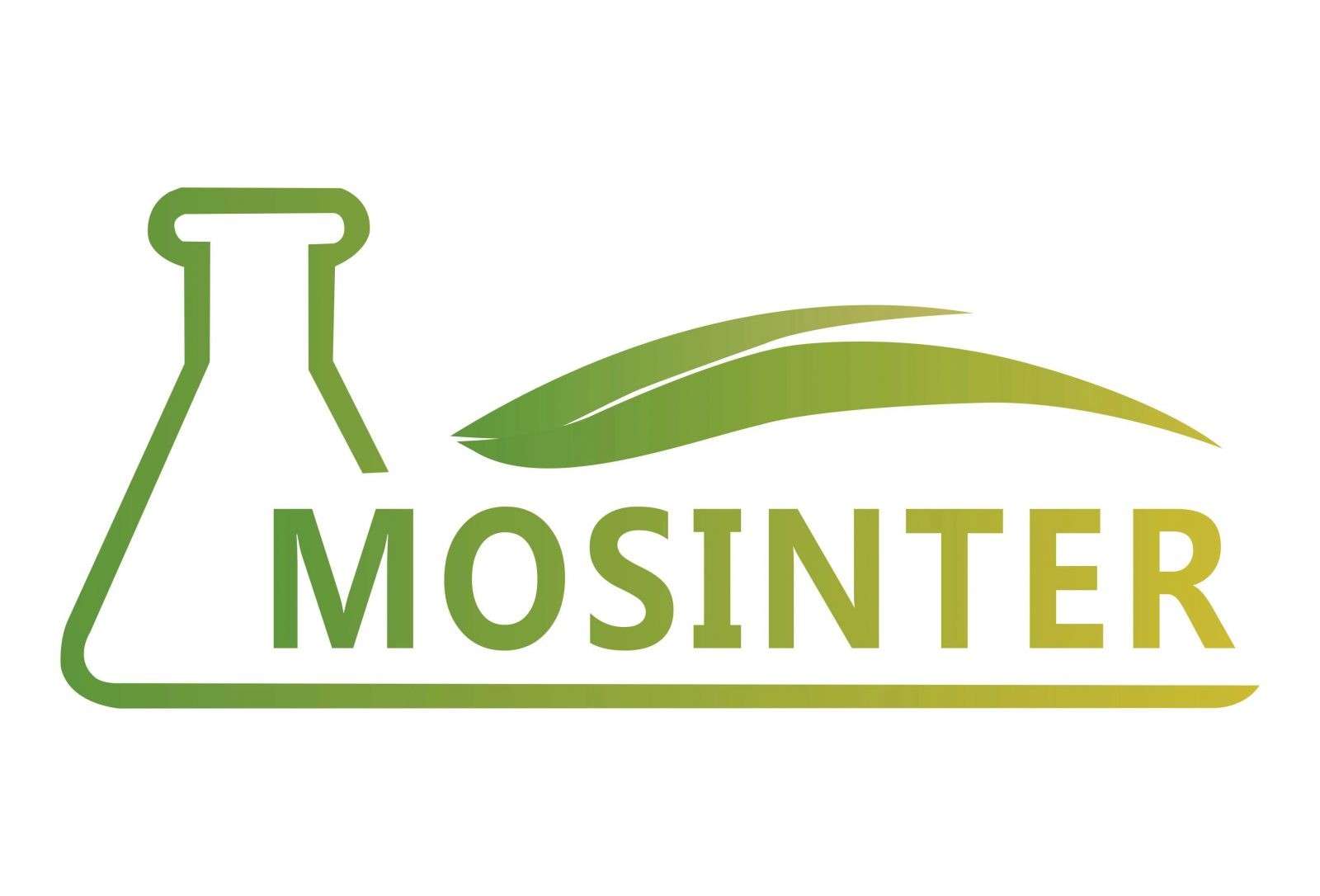
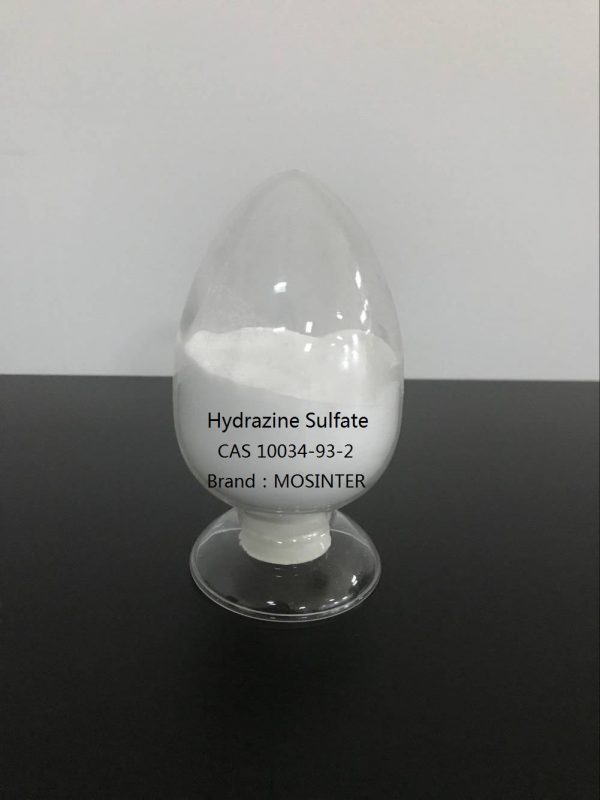
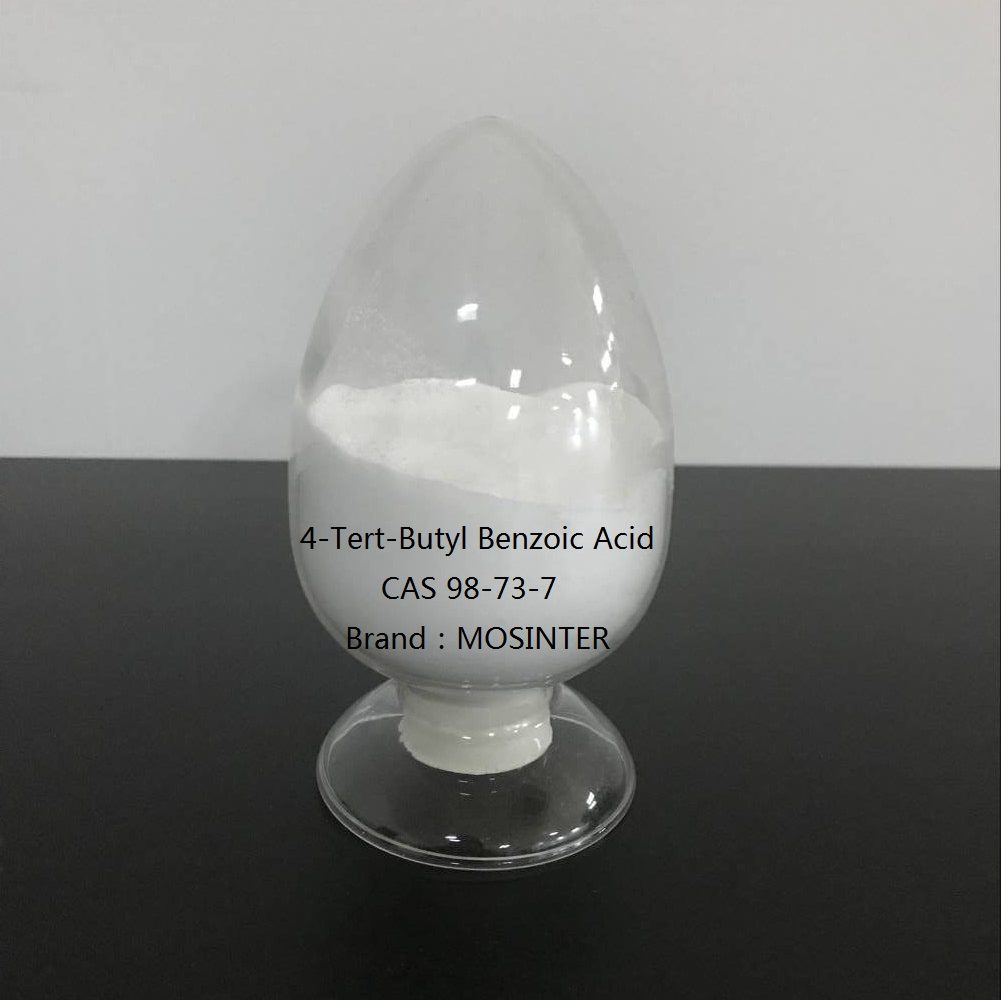
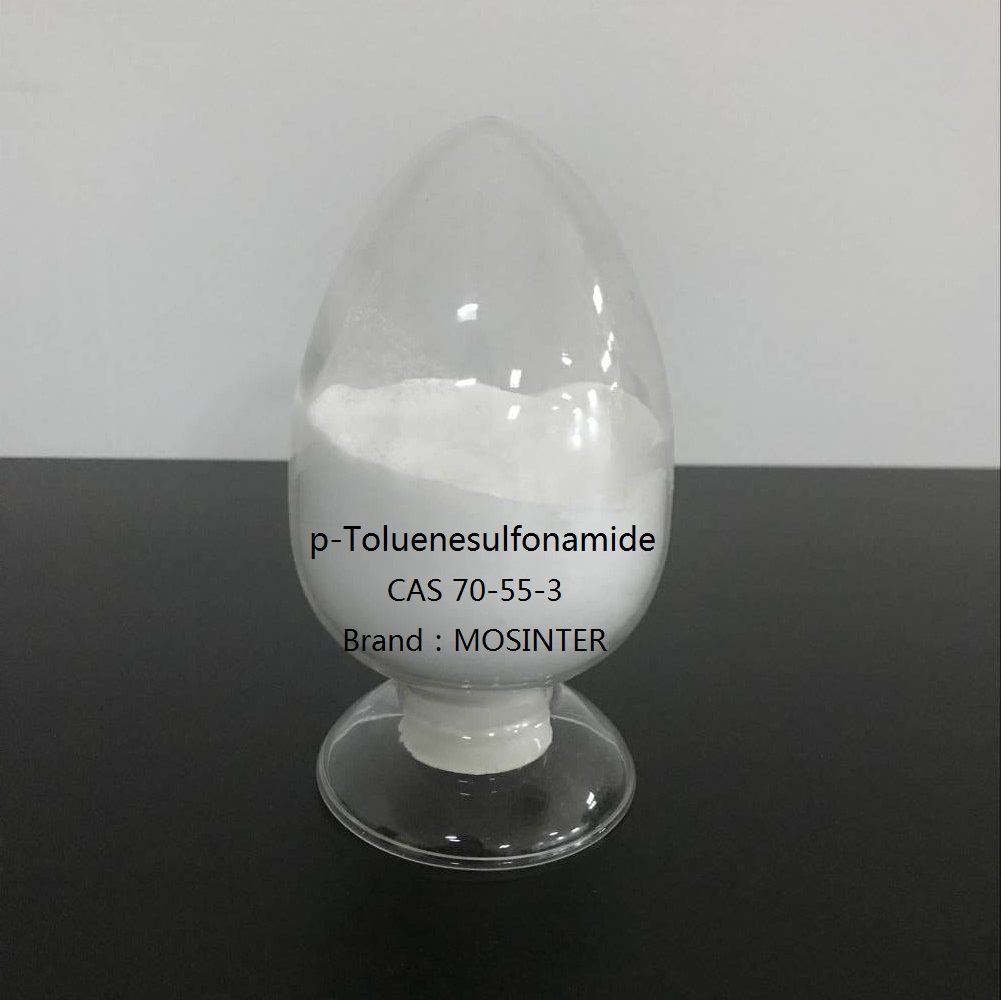
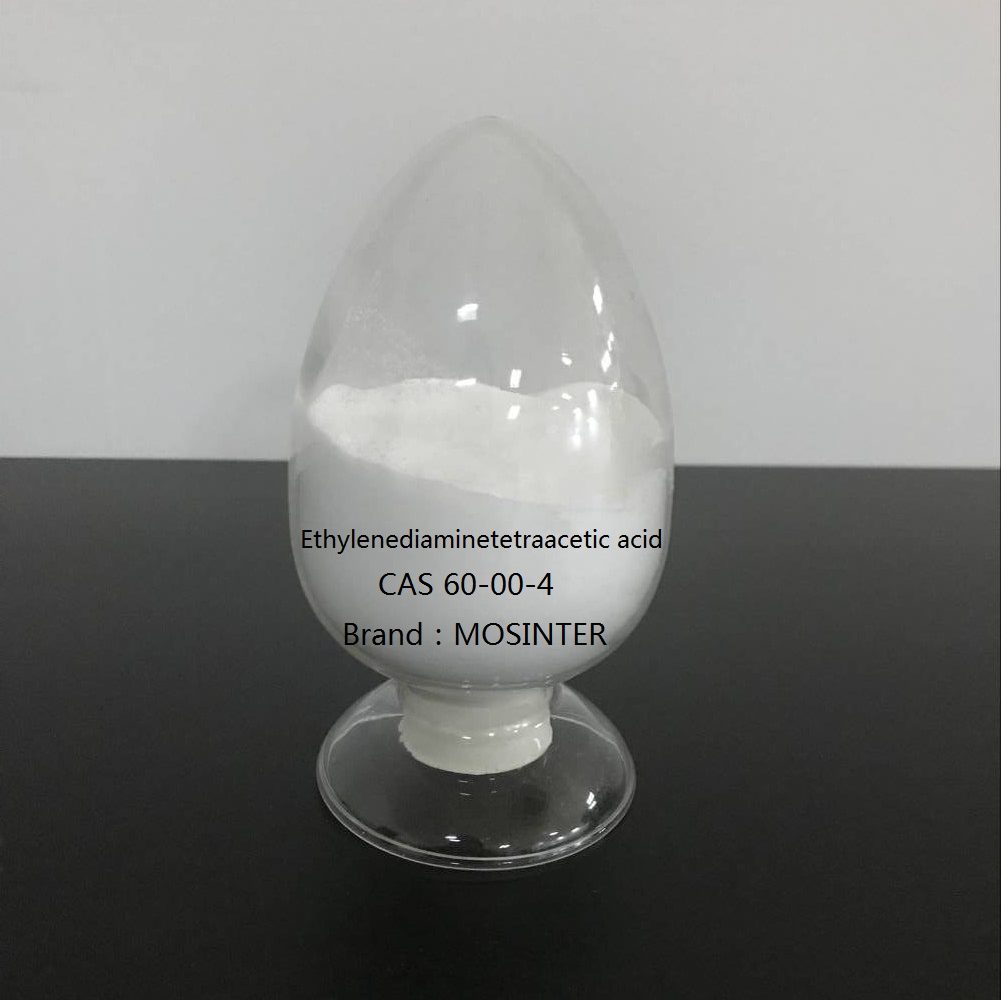
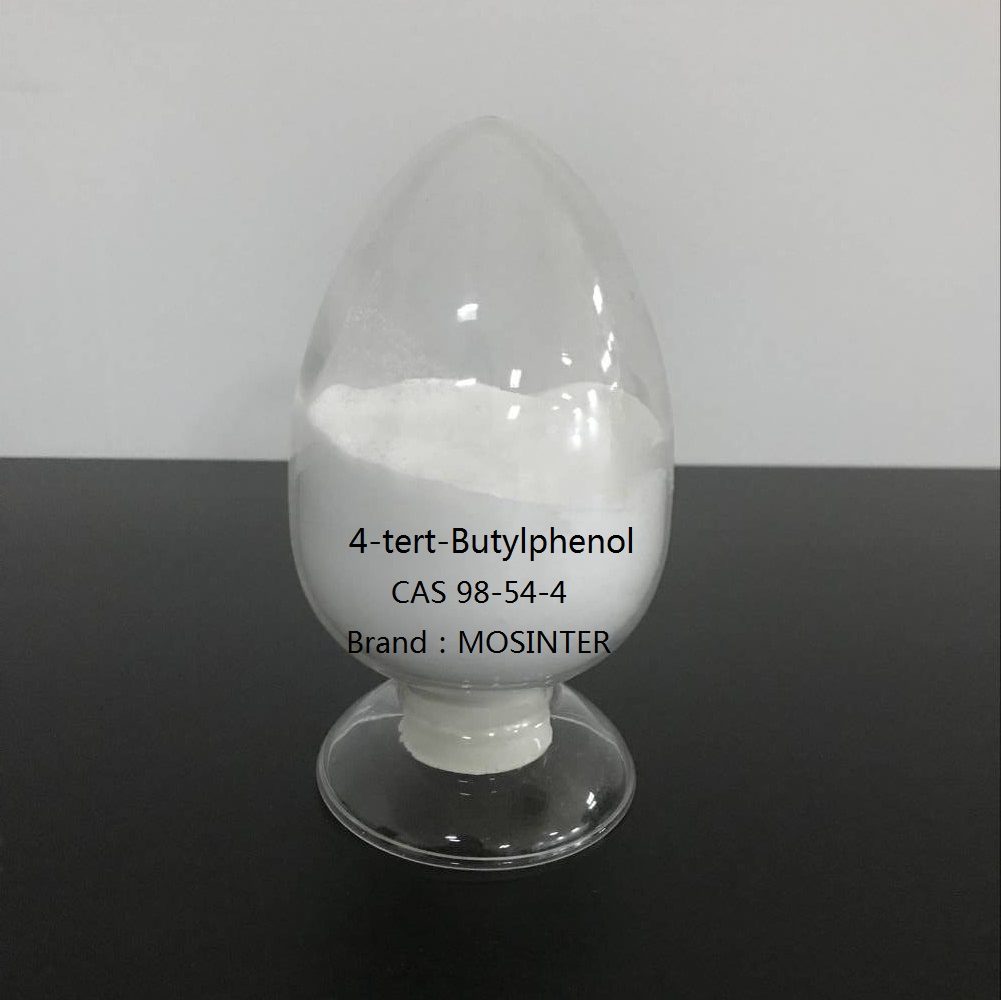
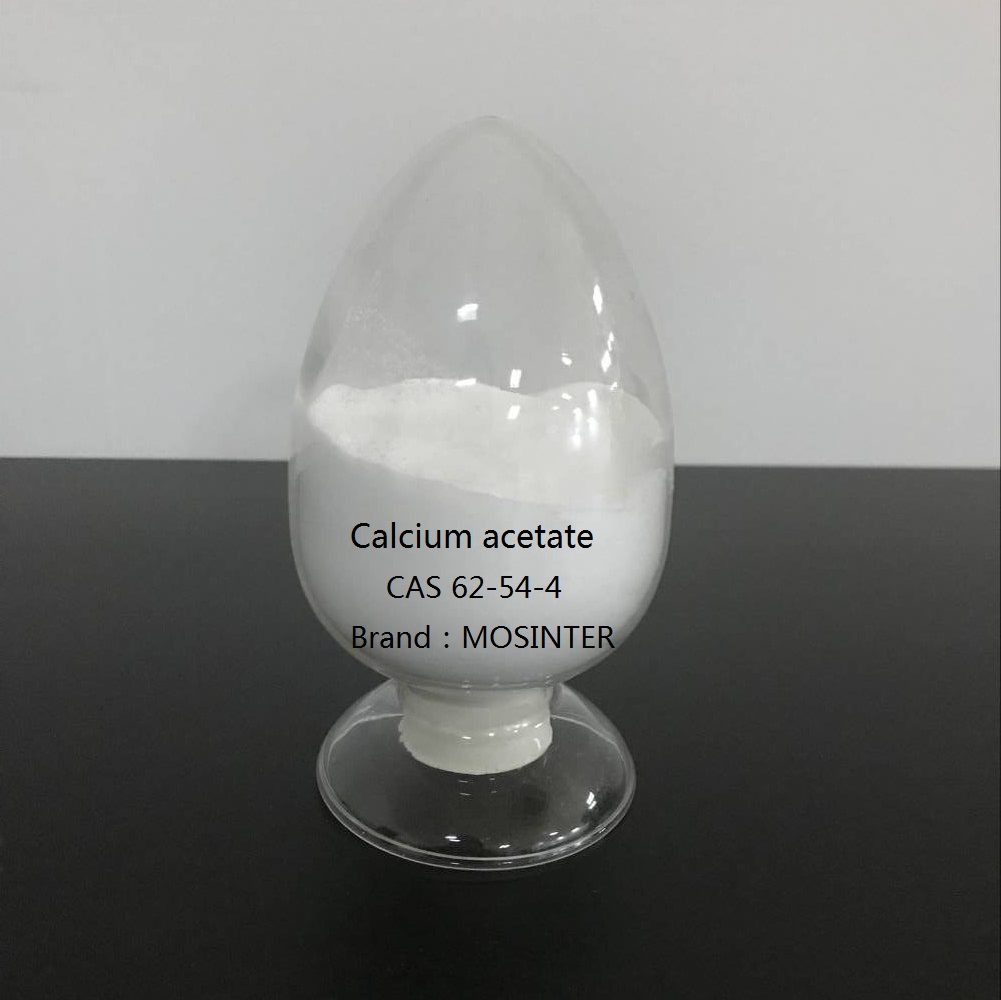
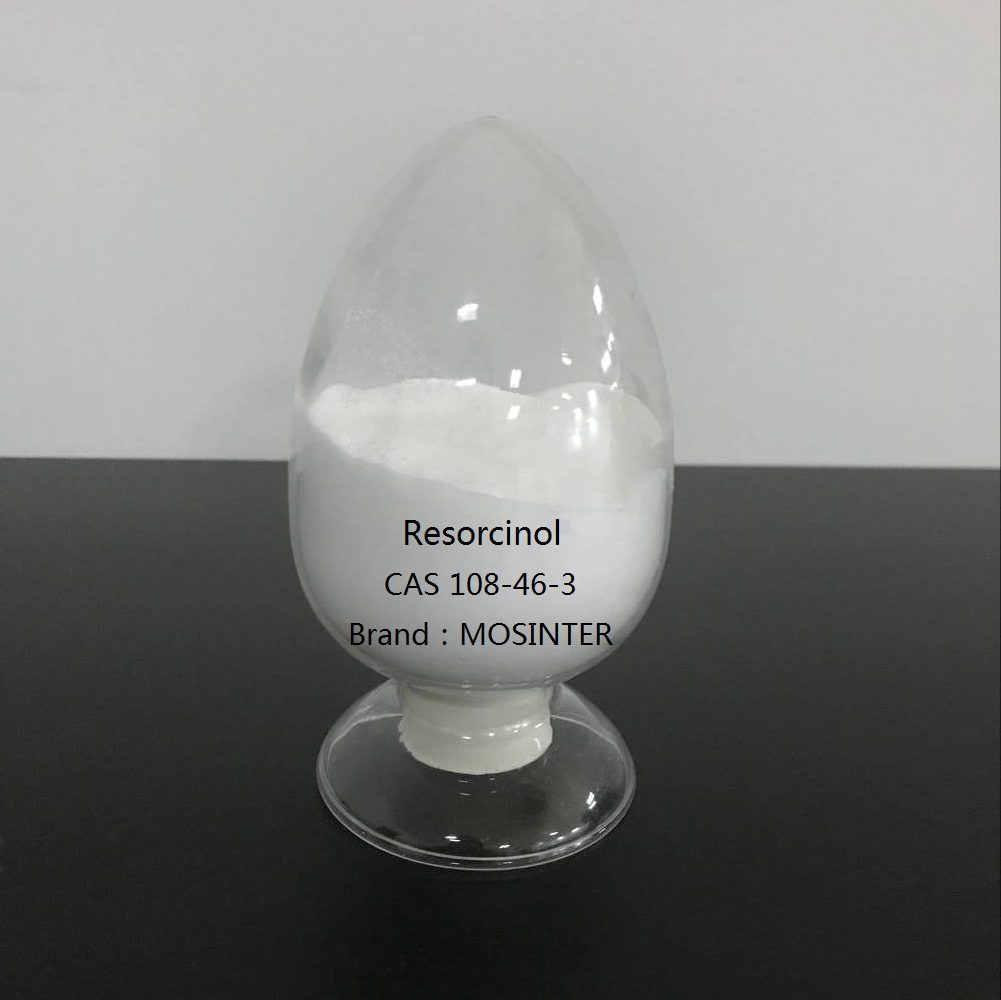
Reviews
There are no reviews yet.